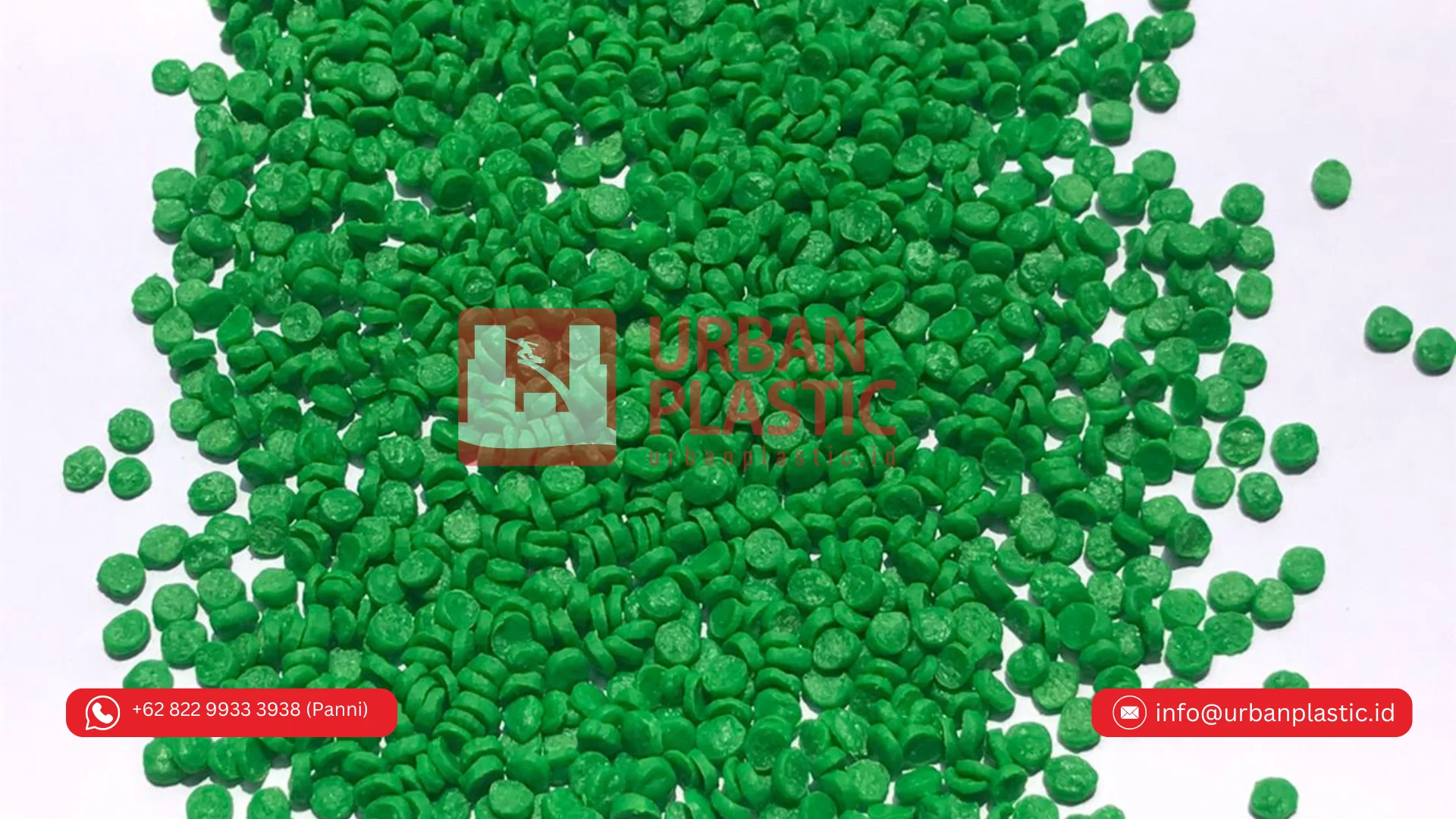When talking about biodegradable plastic resins, it seems that you have a lot of varieties depending on the material used for making the bio resins. Nevertheless, you can expect some most common types of Indonesian Biodegradable Resin for México, Mexico Market.
TPS (Thermoplastic Starch-Based Plastics)
The traditional plastics might still be used a lot because they are cheap and easy to find. However, if this becomes the reason why people are still using traditional plastics, they can start to consider using TPS because this type of bio resin is also cheap and widely available.
This bio resin is often combined with other materials, especially when it will be used for plastic injection molding services. TPS is great for disposable utensils, carryout bags for fast food, and food wrapping.
Since these bioplastic resins are made of starch, it is completely biodegradable, as well as carbon neutral. It can meet the market that has more understanding of global warming and carbon emissions.


PHA (Polyhydroxyalkanoates)
PHA is manufactured by bacteria acting on lipids or sugars. Because of different molecule combinations, this type of biodegradable plastic resins come with several properties. PHA has some benefits including extremely moisture tolerance and UV stability.
Because it does not absorb odors easily, it is perfect for cosmetics and food packaging. This bio resin is also great for making medical devices, such as surgical mesh and sutures.
PLA (Polylactic Acid)
PLA is a type of Indonesian Biodegradable Resin for México, Mexico Market that is made of cornstarch, sugarcane, cassava, and tapioca. This bio resin becomes an important material for making various products, including surgical implants (screws or rods) and household goods (plastic tableware, loose-fill packaging, food packaging, and cups). Before it can go to the next step at the plastic injection molding companies, PLA must be thoroughly dried.
PBS (Polybutylene Succinate)
PBS is an aliphatic polyester and it contains properties that are similar to polypropylene. However, one thing that makes it different from polypropylene is that it can degrade naturally into CO2 and water. PBS is derived from succinic acid that can be found in many living species, after all.
This type of biodegradable resin is used for various purposes, including drug encapsulation, surgical implants, and packaging for food and cosmetics. The combination of PBS and PLA can create stronger products while reducing the effect on tensile or thermal properties.

PCL (Polycaprolactone)
PCL is used for polyurethanes to make it more resistant to chemicals, oils, solvents, and water. The main materials for making PCL are vegetable oils, but it is often mixed with starch-based plastics for lowering costs or changing the tensile properties of the material.
Hemp
Hemp is a newer type of biodegradable plastic resin compared to other five bio resins. Yes, you guessed it right because hemp is the main material for making this bio resin. To make it strong and tough, it is infused with hemp fibers, as well, but it can also be mixed with other plastic types.
Hemp as a type of Indonesian Biodegradable Resin for México, Mexico Market is used a lot in the automotive industry for making panels and in the construction industry for making materials that need fire-retardant properties.
For more information about Biodegradable Resin please contact: Whatsapp/Mobile Phone: +62 811 1721 338 (Ms. Ais) or Email : info@urbanplastic.id.

